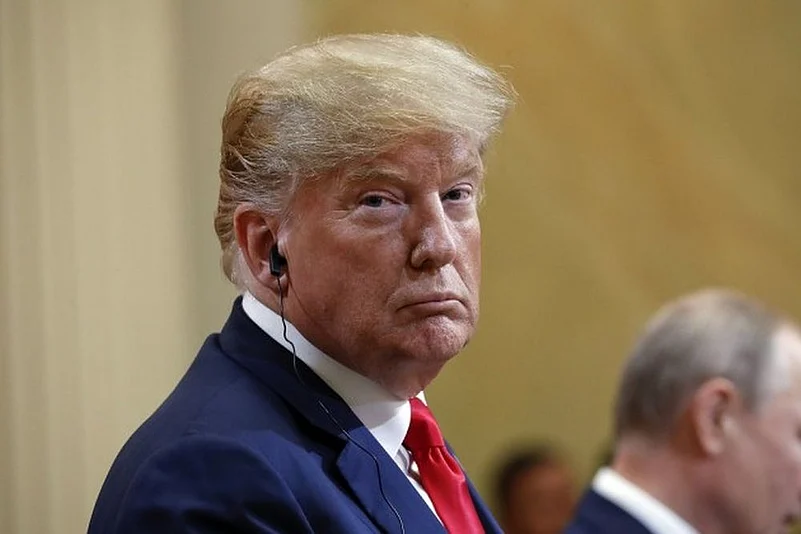Micro-targeted advertising on Facebook was very effective in persuading undecided voters to support Donald Trump during the 2016 US presidential elections, a study has found.
According to the researchers from the Charles III University of Madrid in Spain, Trump's team spent 44 million dollars on Facebook, with 175,000 different adverts during the 2016 election campaign, compared to a spend of 28 million dollars by Democrat candidate Hilary Clinton.
In order to carry out these campaigns, the messages are sent out to Facebook users based on various factors, such as their gender, location or political allegiance.
This increased the probability that a non-aligned voter would decide to vote for candidate Trump by at least five percentage points, according to the study.
On the other hand, the results show that Clinton did not manage to increase support among her potential natural voters nor boost their participation in the elections.
"Unfortunately, we do not have the necessary data to be able to understand why it worked for Trump and not for Clinton," researchers said.
In Trump's case, the impact of the campaign was strongest among voters who used Facebook regularly, those who used this social media as their main source of news and among voters without university or college-level education.
Specifically, political micro-targeting was particularly effective when based on ideology, gender or educational level, much less so when based on race or age.
"Our results show that learning about politics on Facebook does not make voters more informed, but does make them less likely to change their voting choice, which is very in line with the concept of political polarisation," said Federica Libernini, from the ETH Zurich in Switzerland.
"This effect is particularly visible among men, Republican voters and people with a low level of education," said Libernini.
"Thanks to predictive analytics, companies like Facebook offer a toolkit for targeting voters at an extremely granular level based on their previous online behaviour," said Michela Redoano, Associate Professor in the University of Warwick in the UK.
"These online campaign channels are potentially very powerful political instruments. It is therefore vital that we understand how political campaigns on social media work, their impact on voter behaviour, and, ultimately, on election results," said Redoano.
Antonio Russo, from ETH Zurich, points out that Facebook's impact on turnout "suggests that social media has great potential for stimulating the political participation of people who would otherwise have lost interest in politics."
"In a world where confidence in democracy is dwindling, I believe this is good news. However, we still have much to learn about whether the information that voters are exposed to on social media really helps them make informed choices," said Russo.
PTI





















